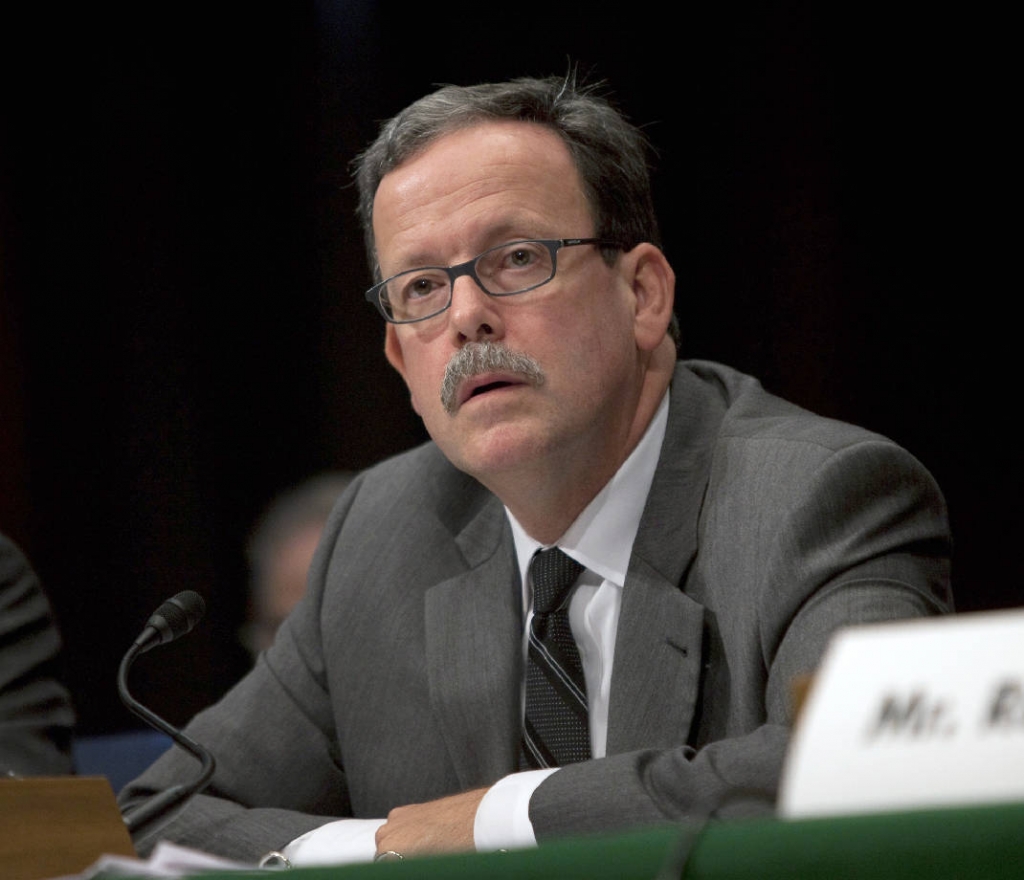-
Tips for becoming a good boxer - November 6, 2020
-
7 expert tips for making your hens night a memorable one - November 6, 2020
-
5 reasons to host your Christmas party on a cruise boat - November 6, 2020
-
What to do when you’re charged with a crime - November 6, 2020
-
Should you get one or multiple dogs? Here’s all you need to know - November 3, 2020
-
A Guide: How to Build Your Very Own Magic Mirror - February 14, 2019
-
Our Top Inspirational Baseball Stars - November 24, 2018
-
Five Tech Tools That Will Help You Turn Your Blog into a Business - November 24, 2018
-
How to Indulge on Vacation without Expanding Your Waist - November 9, 2018
-
5 Strategies for Businesses to Appeal to Today’s Increasingly Mobile-Crazed Customers - November 9, 2018
Hill analysts lower 2015 budget deficit forecast to $426B
Providing political ammunition to both parties, Congress’ official budget analyst projected Tuesday that this year’s federal deficit will drop to $426 billion, the lowest shortfall of Barack Obama’s presidency. In two weeks, Congress returns to Washington from a summer break steering toward an autumn of budget clashes. Democrats are expected to argue that the budget shortfall is a sign that spending cuts favored by Republicans are unnecessary. As long as the GOP controls Congress and Obama remains in office, the odds for a major deficit-reduction deal seem slim. The drop is expected to be followed by a steep rise, unless Congress acts to change budget circumstances, including a ten year outlook that isn’t substantially different from the last Congressional Budget Office report released in March. It also forecast a fiscal 2016 deficit of $414 billion, a reduction of $41 billion from the previous 2016 estimate.
Advertisement
CBO said Tuesday it reduced its budget deficit projection for 2015 due to higher-than-anticipated receipts from corporate and individual income taxes. After that, it is expected to expand at a more moderate pace, according to the report.
The deficit peaked at $1.4 trillion in 2009 and shrank to $485 billion in 2014. The unemployment rate is expected to fall from 5.2 percent in the final quarter of this year to 5.0 in the same quarter of 2017.
The CBO also revised its forecast for real gross domestic product growth for 2015 to 2.3 percent from 2.8 percent, bringing it in line with private forecasters. But it said the economy “is now on firmer ground”, and projected that growth will return to around 3 percent annually in 2016 and 2017 before dipping again.
“By CBO’s estimate, the Treasury would most likely be able to continue borrowing and have sufficient cash to make its usual payments through mid-November or early December without an increase in the debt limit”, the CBO said in a report. Treasury can use bookkeeping maneuvers such as temporarily taking cash out of certain federal pension funds, money that is restored once Congress enacts a new debt ceiling.
The limit stands at $18.113 trillion, and the Treasury Department began using special tools in March to prevent a breach.
Advertisement
Congress has fought frequently over extending the debt limit, with an unprecedented federal default a potential effect should the parties deadlock.





























